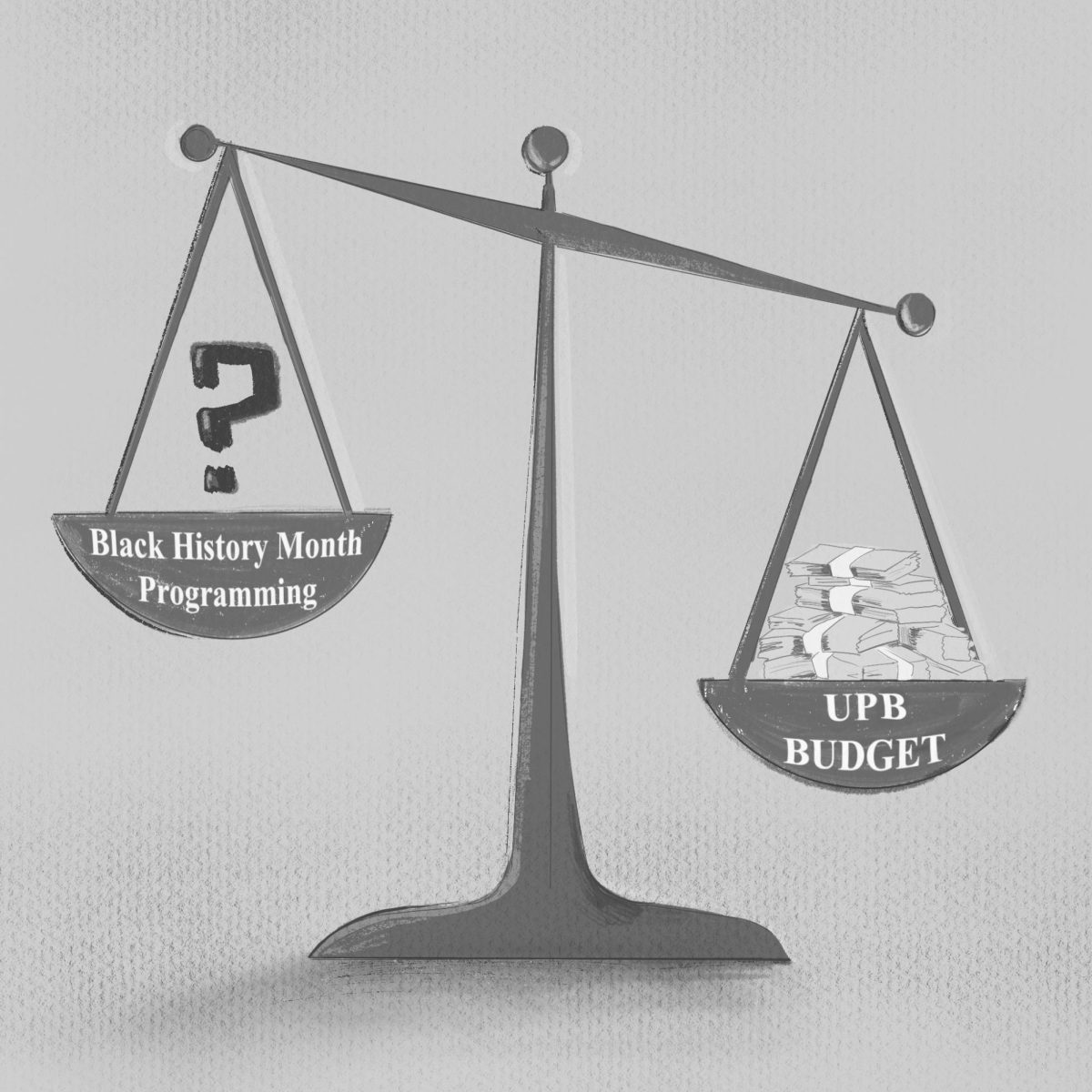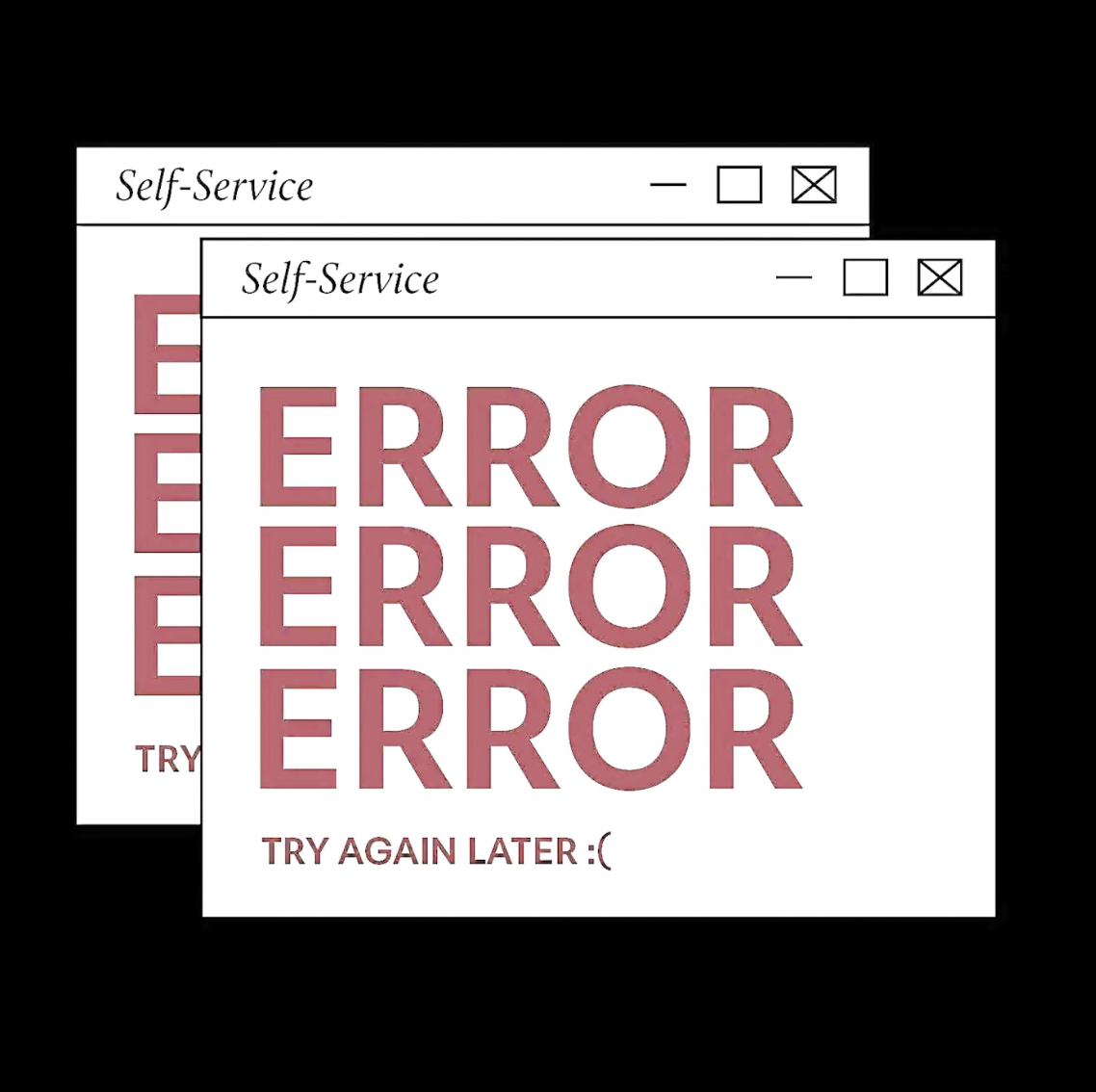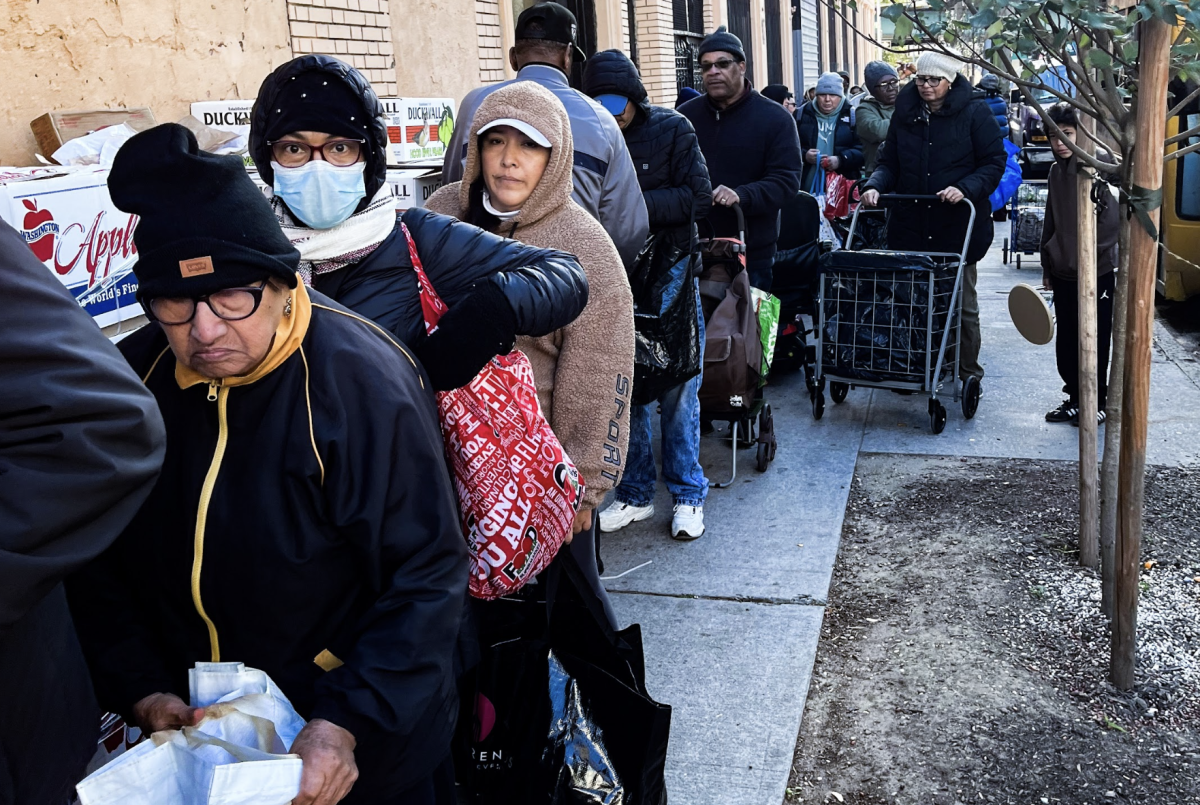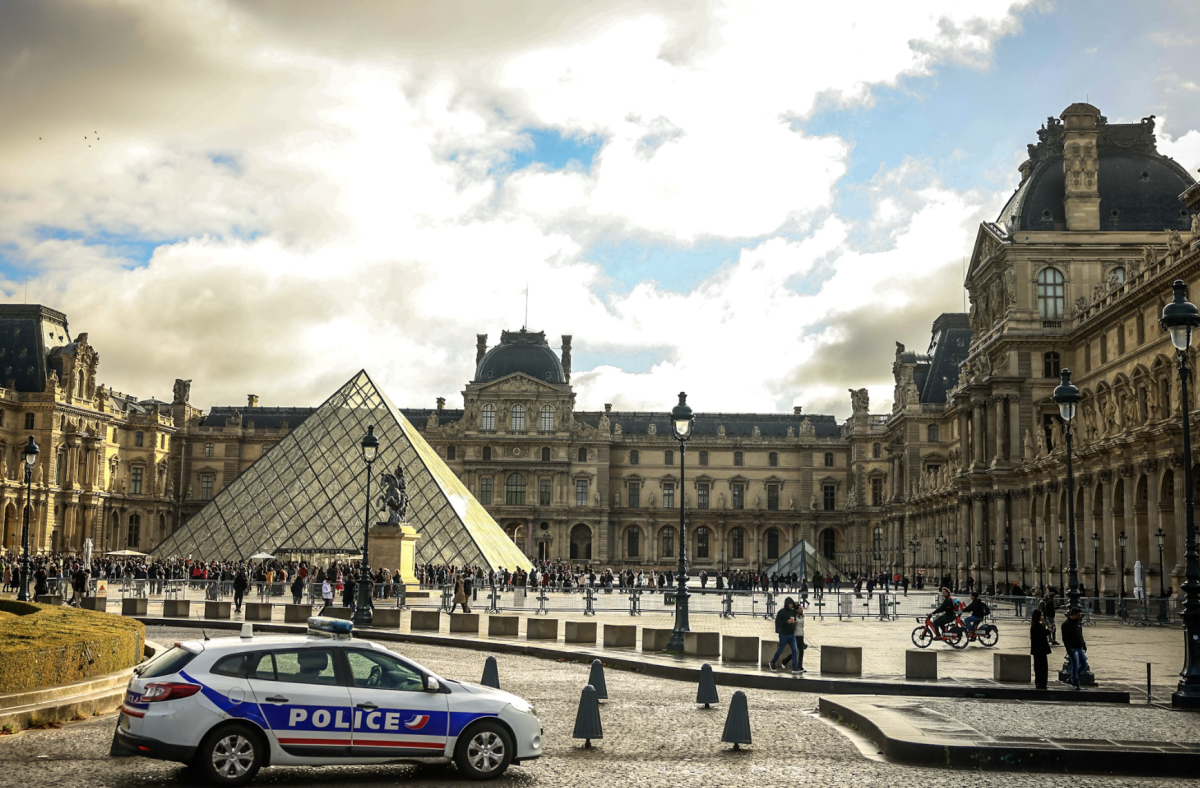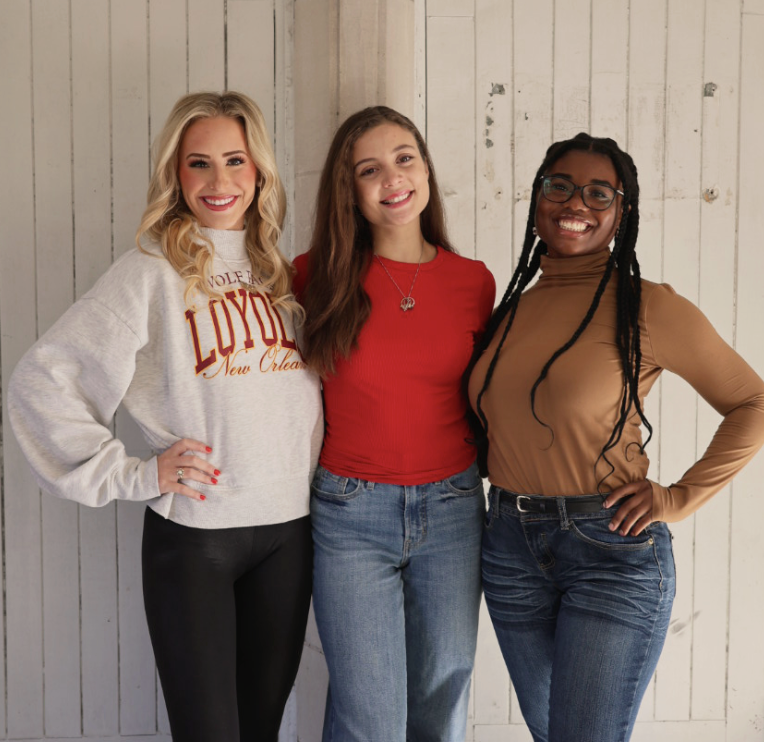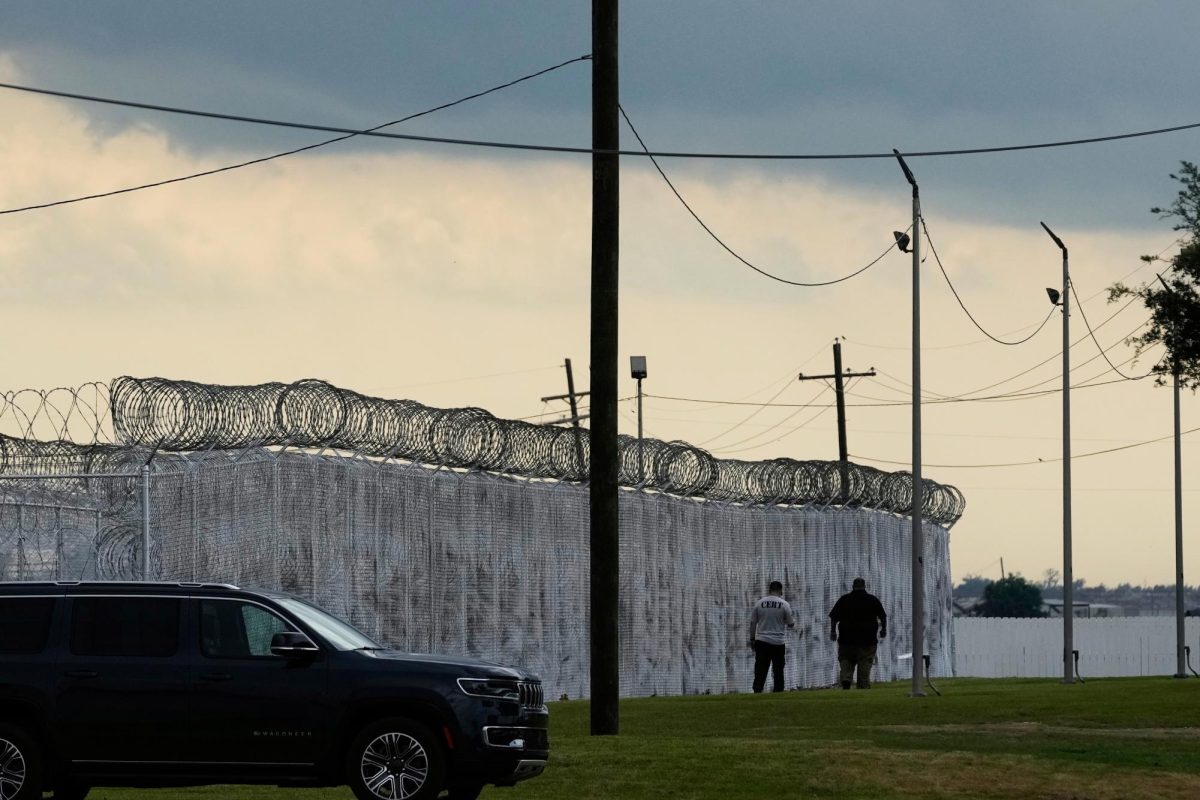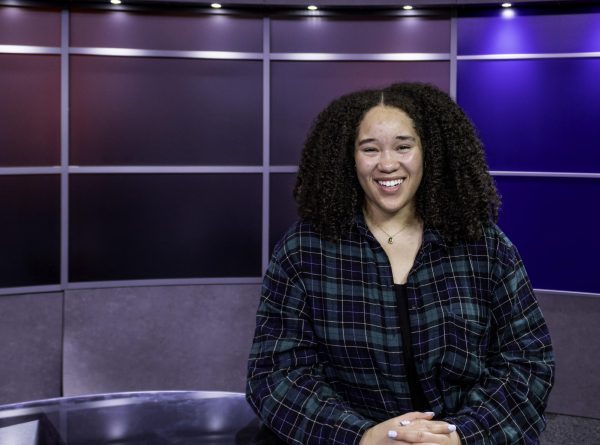Programming is the heartbeat of our college experience. Whether it’s spotting a flyer on campus or receiving a personal invite, it sparks plans that lead us to build our community and connect with others. It’s how we gain new life experiences and expand our perspectives, fostering personal growth throughout our college journey.
While Loyola aspires to support this crucial aspect of our college experience, a lingering question remains: do Loyola’s Black students receive fair support in this process?
Last year, they didn’t.
For the 2022-23 academic year, African and African-American students received minimal university recognition and programming support.
Loyola’s official University Programming Board operates within the Student Government Association and aims to curate programming that give students the opportunity to engage with each other and foster a sense of belonging at Loyola, according to HowlConnect.
However, other than a themed tote bag and an art gallery showing, UPB didn’t host many events for Black History Month.
This placed significant responsibility on Black student organizations, such as Loyola’s Chapter of the National Association for the Advancement of Colored People, Black Student Union, and the Caribbean and African Student Association. These organizations were left to carry the weight of programming for Black students with shoestring budgets and little support from UPB.
If UPB strives to develop experiences that meet the needs of Loyola students, where is that pursuit when curating experiences centered around Black culture?
As stewards of the student body, SGA should ensure UPB allocations fund minority-focused programming.
However, blame cannot solely be placed on student administration but on the larger administrative body of Loyola for fostering a community that turns a blind eye to the lack of attention given to our students’ cultural awareness.
Since the beginning of the 2023-2024 academic year, Loyola’s vice president of equity and inclusion position has been left unfulfilled, leaving our university without guidance on the best tactics to support our Black students, as well as students of color.
This makes the search more imminent to find a vice president of equity and inclusion – ideally, one who influences and shifts the outcome of programming to embrace all cultures.
UPB initiatives receive $36,000 of SGA’s $129,800 total budget, which is directly funded by student tuition and fees. Why isn’t this money being used to fund Black programming initiatives?
Thus far in the academic year, UPB’s programming has consisted of their typical Wolf Pack Wednesdays and a mix of various trivial events like “Trap Bingo,” “Midnight Madness,” and “Brunch and Paint.”
No programming tailored to Black History Month for spring 2024 has been announced yet.
Meanwhile, many of the Black student organizations who are preparing for “Black Excellence Week” to celebrate Black and Brown culture on campus, have begun announcing activities and events for students to look forward to. Still, there’s a chance that UPB could leverage its resources to support Black student organizations and celebrate them for a change.
Looking ahead, the university and the entities working under its umbrella have to prioritize the planning and funding of our students’ cultural education.
Students should be able to leave Loyola with more than a community partially connected through Wolf Pack Wednesdays and Third Fridays.
We deserve a community woven together through intentional, inclusive programming, leaders that execute programs to support this, and students ready to share their cultural awareness beyond the confines of Loyola.


